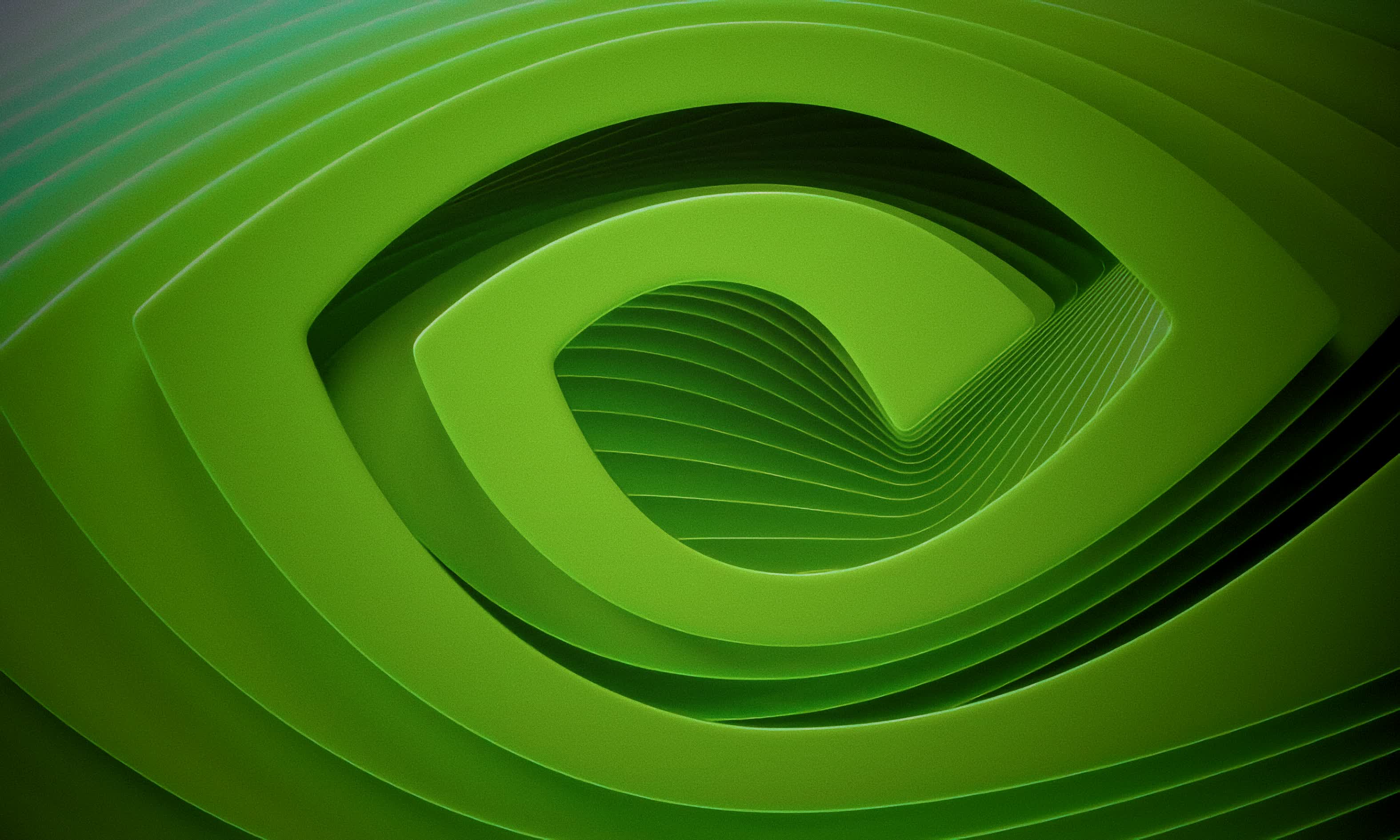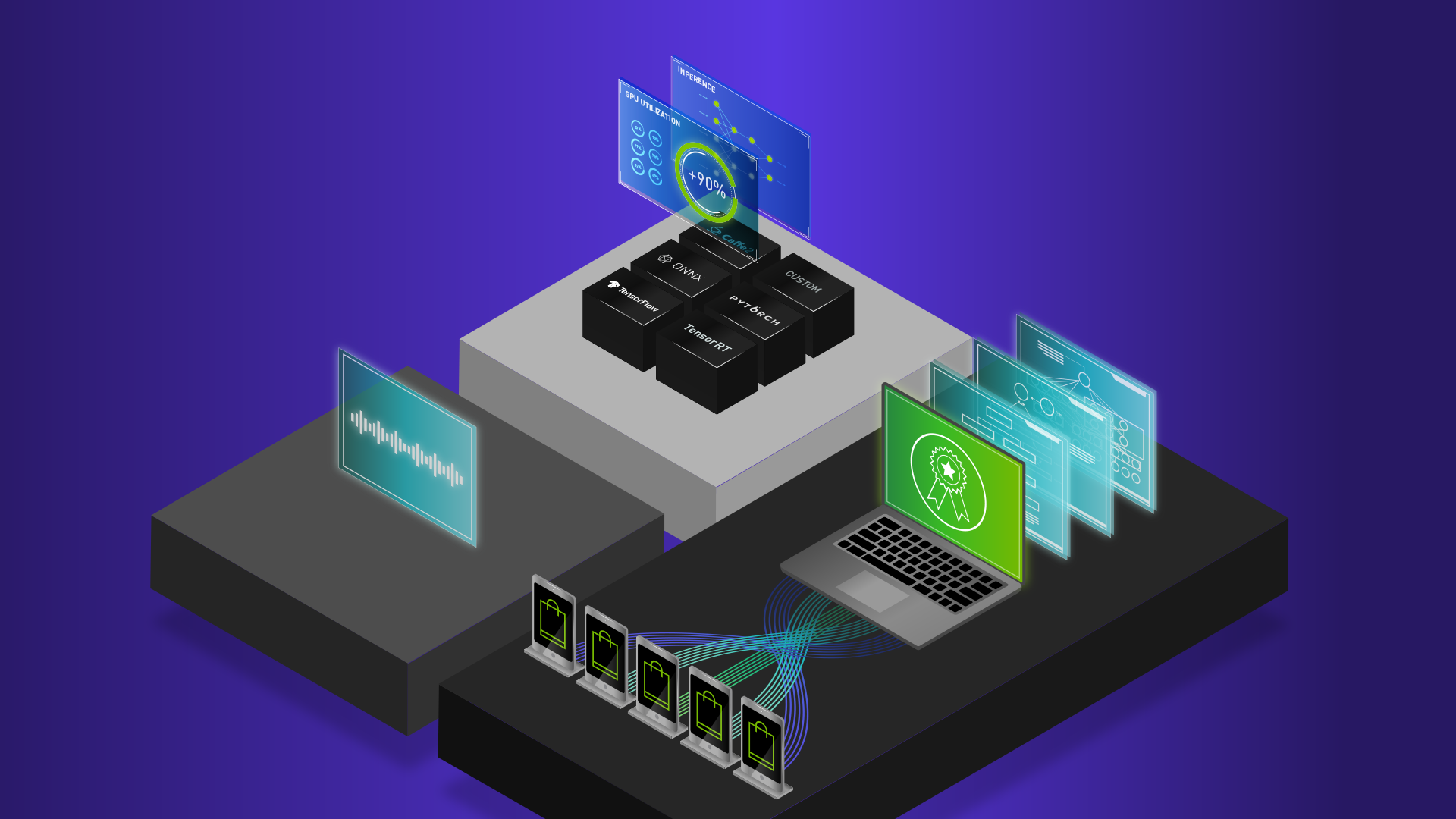A few weeks ago, I received a last minute invitation to participate in a livestream panel discussing Nvidia. At the time, there was a wild conspiracy making the rounds on Twitter about the company's results. This panel was clearly going to explore those in depth, and if nothing else, I was intrigued by who was behind the wild rumors and how they benefited from them.
Editor's Note:
Guest author Jonathan Goldberg is the founder of D2D Advisory, a multi-functional consulting firm. Jonathan has developed growth strategies and alliances for companies in the mobile, networking, gaming, and software industries.
So I attended the panel, listened (often in shock at what I heard), and pushed back where I could. The whole experience was a bit unsettling, staring into the mouth of the Internet rumor machine does not give one faith in humanity.
We are not going to dig into that theory, nor are we going to link to any part of it. For the most part, those rumors seems to have subsided and we do not want to add any oxygen to the attention machine. Nonetheless, I wanted to lay out my views on Nvidia, to set the record straight on how I view the company and its current outlook.
As everyone knows, Nvidia's stock is on a tear right now, up 200+% this year alone, solidifying its position as the best performing semiconductor stock probably of all time. The stock has been driven by two consecutive earnings reports delivering blow-out numbers.
For a company of Nvidia's size to grow earnings this much in such a short time is probably something most of us will only see once in our careers. Really strong numbers. This series of sudden surprises is probably what attracted the attention of the rumor mill, with so much attention focused on the company taking a contrary position is going to generate an audience online.
... to be clear, Nvidia's results are driven by real demand.
However, to be clear, Nvidia's results are driven by real demand. The software world is scrambling to catch up with the potential offered by transformer-based AI models. There is a huge change taking place in the landscape and no one wants to be left behind. As I have noted in the past, Nvidia has a lock on the market for AI training semis right now, a position that is unlikely to change any time soon. So all that interest in AI translates into big business for the company.
Moreover, the company has spent the past few years beefing up their offerings for the cloud. I wrote about this about 18 months ago, when their analyst day presentations made it clear that Nvidia was laying claim to dominance in the data center. This means they are selling a lot more than just GPUs for the cloud – they also have CPUs, networking chips and a host of systems tying everything together. They also have deployed some surprisingly robust software offerings, something which challenges all their semis peers.
All of which is to say that they are very well positioned right now, riding the wave of AI, gaining share and garnering those massive earnings.
Will it last? Here I need to break the question into two time frames.
Over the next year or so, the company has all that wind in its sails, but that will not last forever. Right now the company is struggling to meet demand, but at some point next year, supply will likely catch up. No company can keep up the pace that Nvidia is on, and semis are cyclical, so inevitably their earnings will pause. Couple that with the fact the Nvidia has never been terribly good at forecasting quarterly demand, or cared to get better at it, and yes eventually the stock will take a hit.
Given the super-premium multiple the company is trading at currently, any miss will see the stock trashed. Over the past ten years, Nvidia's stock fallen over 5% in a day 53 times. As much as the 30-year view of their stock is up and to the right, zoom in on any two to three year period on that chart and it looks more like a giant zig zag.
All of this makes it a terrible stock for retail investors. Professional investors are spending immense resources right now to get a finger on the pulse of Nvidia's progress, which gives them a big edge versus retail investors intrigued by what they may see or hear on Twitter – tread carefully – and to be clear, I do not own any Nvidia shares, and joking aside, I will not be buying any.
Over the long term, there is still a lot to like about Nvidia. Yes, interest in AI has gotten out of hand. And yes, there is a lot of hyperbole taking place in the segment. Precisely forecasting demand for AI semis is very challenging with a lot of moving parts – consumer adoption, software models, killer apps (or lack thereof), etc.
Nonetheless, the advances in compute that transformers, LLMs and other AI models offer are now clear, and these capabilities will get woven into the fabric of our digital lives no matter what. There is nothing on the horizon that looks set to challenge Nvidia's position in that any time soon. They may not be able to continue an unending series of monster earnings surprises, but they will participate in a major way.

